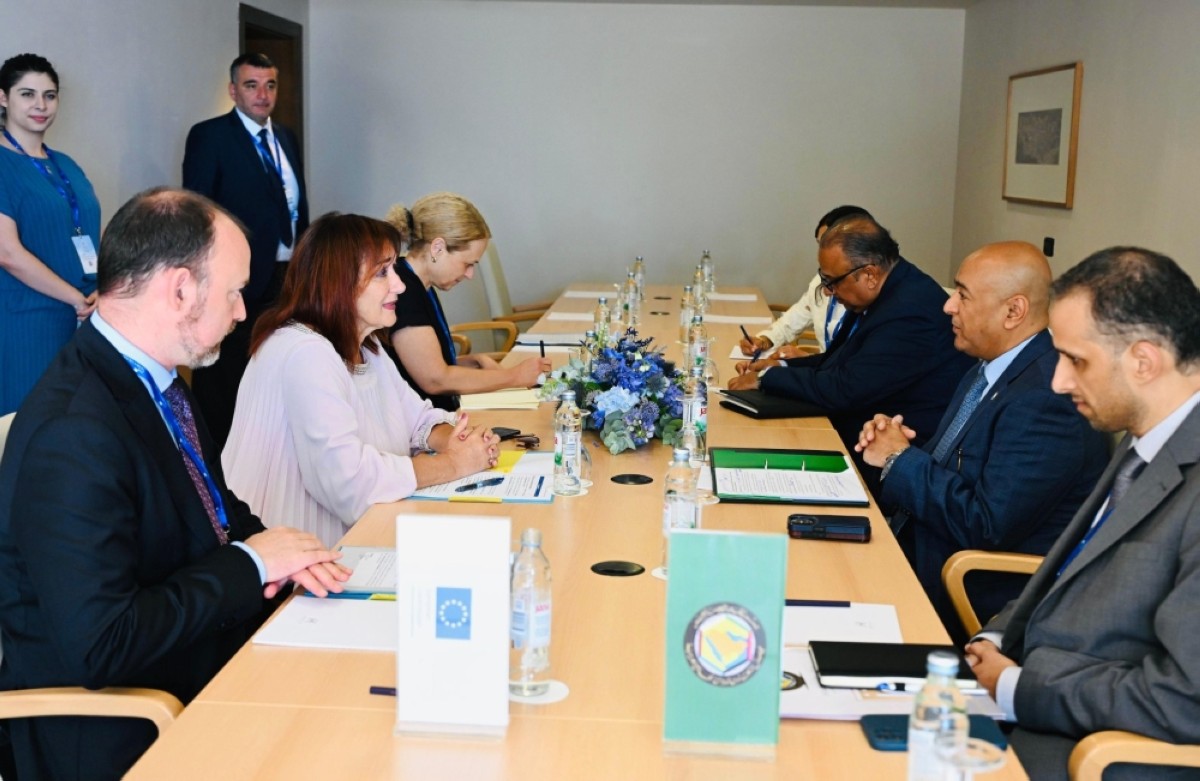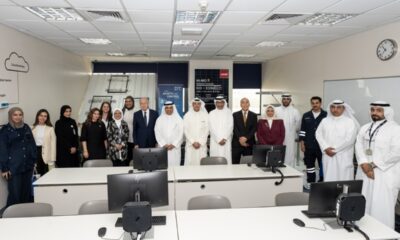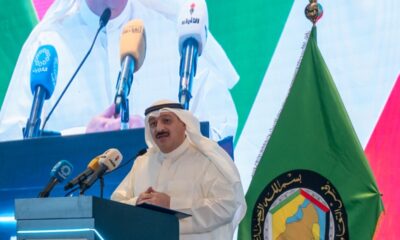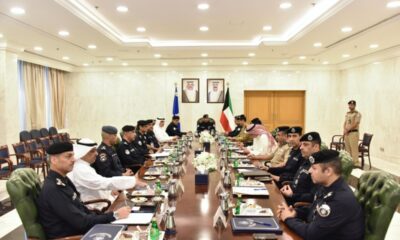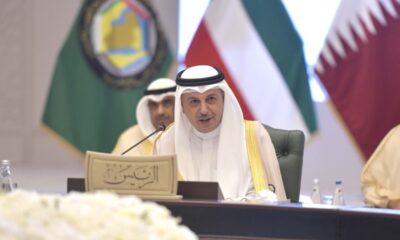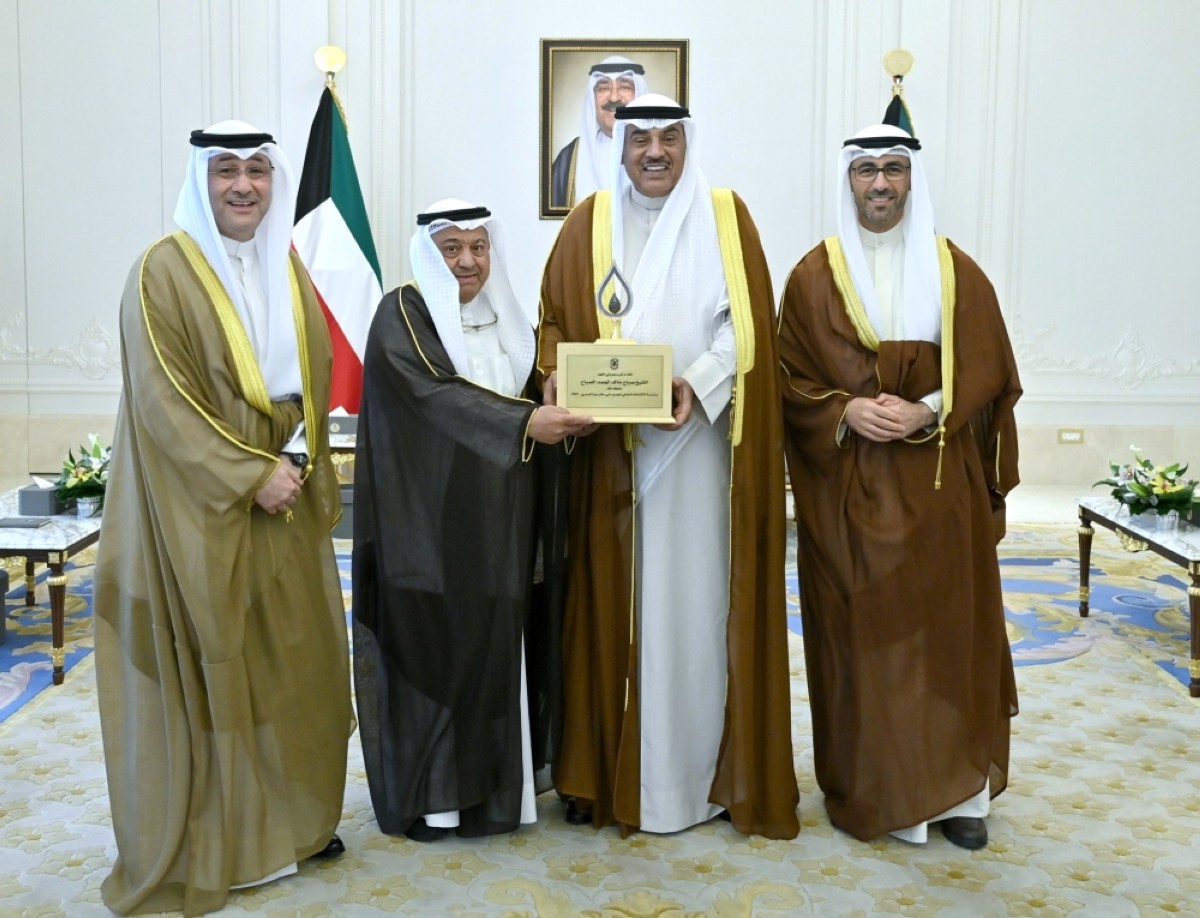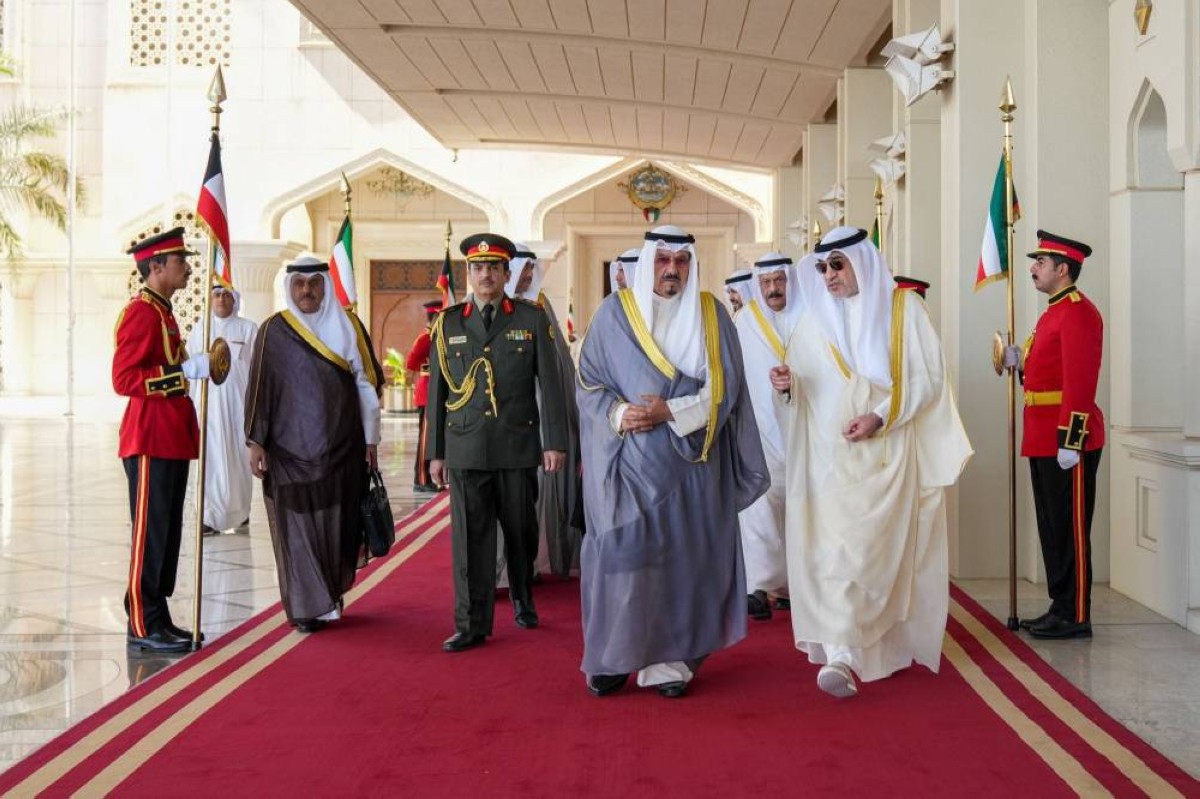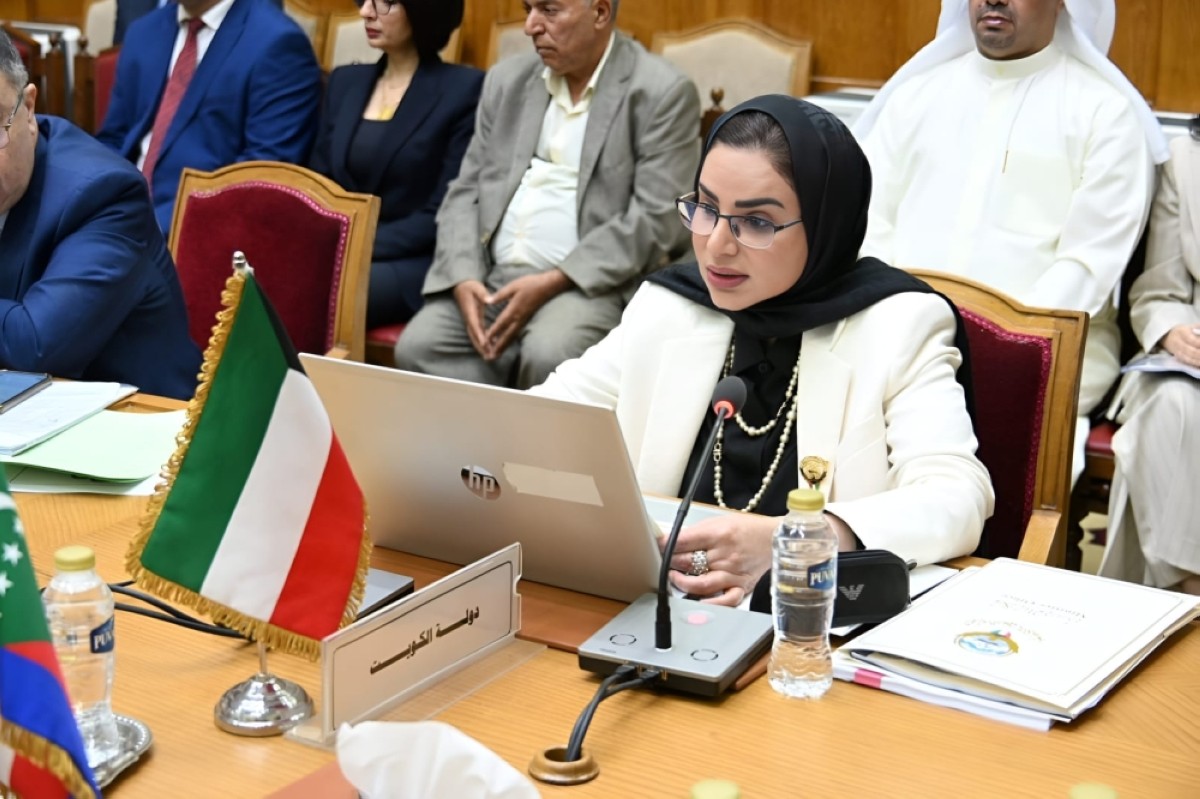DUBROVNIK: Gulf Cooperation Council (GCC) Secretary-General Jasem Al-Budaiwi held a series of high-level meetings on Saturday at the Dubrovnik Forum 2025, focused on boosting energy security and expanding strategic partnerships with European and international allies.
Al-Budaiwi and Croatian Prime Minister Andrej Plenković discussed a proposal to host a joint Gulf-European conference on energy security. According to the GCC Secretariat, the conference would include representatives from both the public and private sectors and aims to “strengthen partnerships and address common energy challenges.”
The two officials also reviewed progress in ongoing negotiations for a Gulf-European Free Trade Agreement (FTA), reaffirming their commitment to implementing the outcomes of the 2023 Gulf-European Summit to deepen cooperation across sectors.
DUBROVNIK: Gulf Cooperation Council (GCC) Secretary-General Jasem Al-Budaiwi speaks during a panel discussion reviewed the prospects for cooperation between Mediterranean countries and the rest of the world. — KUNA photos
Jasem Al-Budaiwi holds talks with NATO Deputy Secretary-General Radmila Shekerinska to explore ways to enhance defense cooperation between the GCC and the alliance.
Jasem Al-Budaiwi engages with Croatian Prime Minister Andrej Plenković at the Dubrovnik Forum 2025.
On the sidelines of the forum, Al-Budaiwi also met with NATO Deputy Secretary-General Radmila Shekerinska to explore ways to enhance defense cooperation between the GCC and the alliance. The two sides “discussed a host of regional and international issues of joint interest,” the Secretariat noted, including ways to bolster security collaboration.
In a separate meeting with Dubravka Šuica, European Commissioner for the Mediterranean, Al-Budaiwi reiterated the GCC’s interest in strengthening ties with the EU. Talks covered ongoing FTA discussions and further plans for the proposed Gulf-European energy summit.
Al-Budaiwi also participated in a high-level panel which reviewed the prospects for cooperation between Mediterranean countries and various countries of the world, as well as regional and international organizations. He highlighted the GCC’s strategic geographic position, economic weight, and credibility as key reasons it remains a “reliable and influential partner” in promoting regional stability and sustainable development.
“The GCC countries aspire to continue deepening dialogue and cooperation with regional and international partners,” Al-Budaiwi said during the panel. He emphasized the council’s growing role in global energy security and its contributions to global peace and development.
The Dubrovnik Forum, hosted in Croatia from July 11–12, gathered regional and global leaders to discuss pressing political, economic, and security issues. Al-Budaiwi thanked Croatia for organizing what he described as “a prestigious international platform” that helps build consensus on shared global challenges. — KUNA




